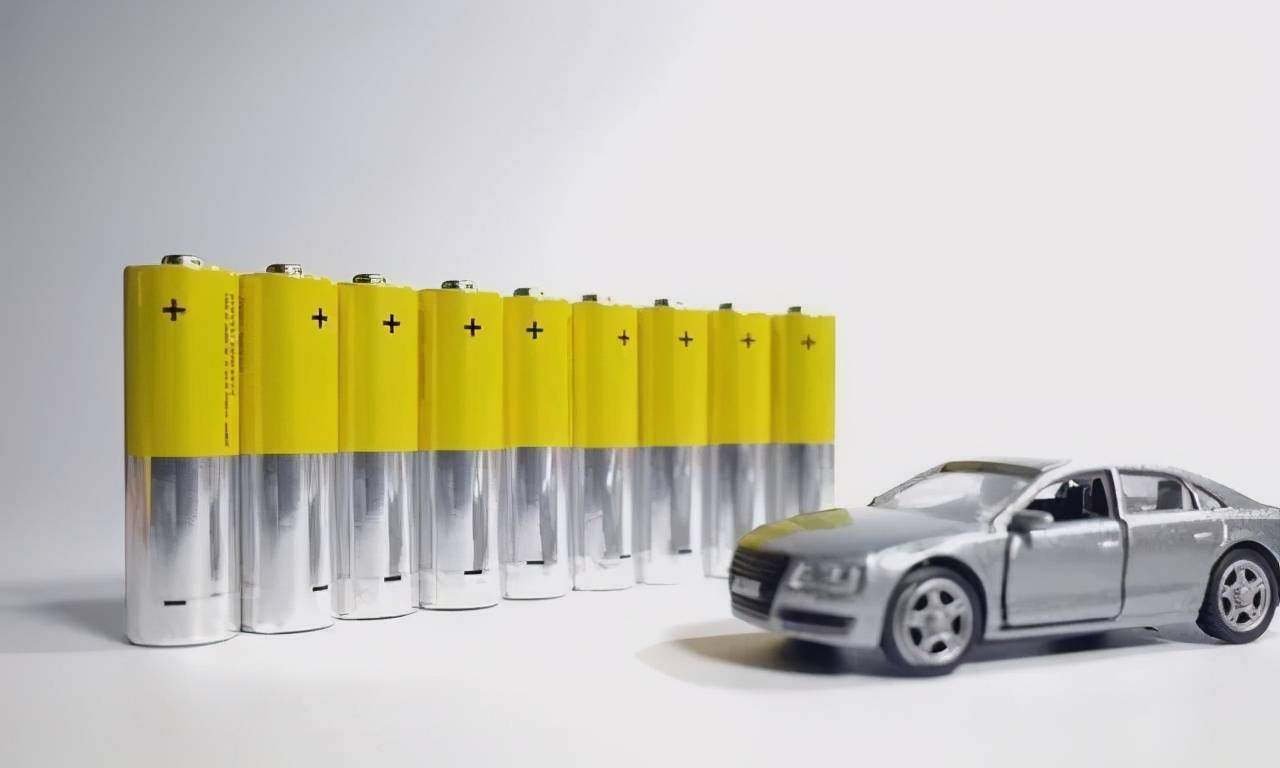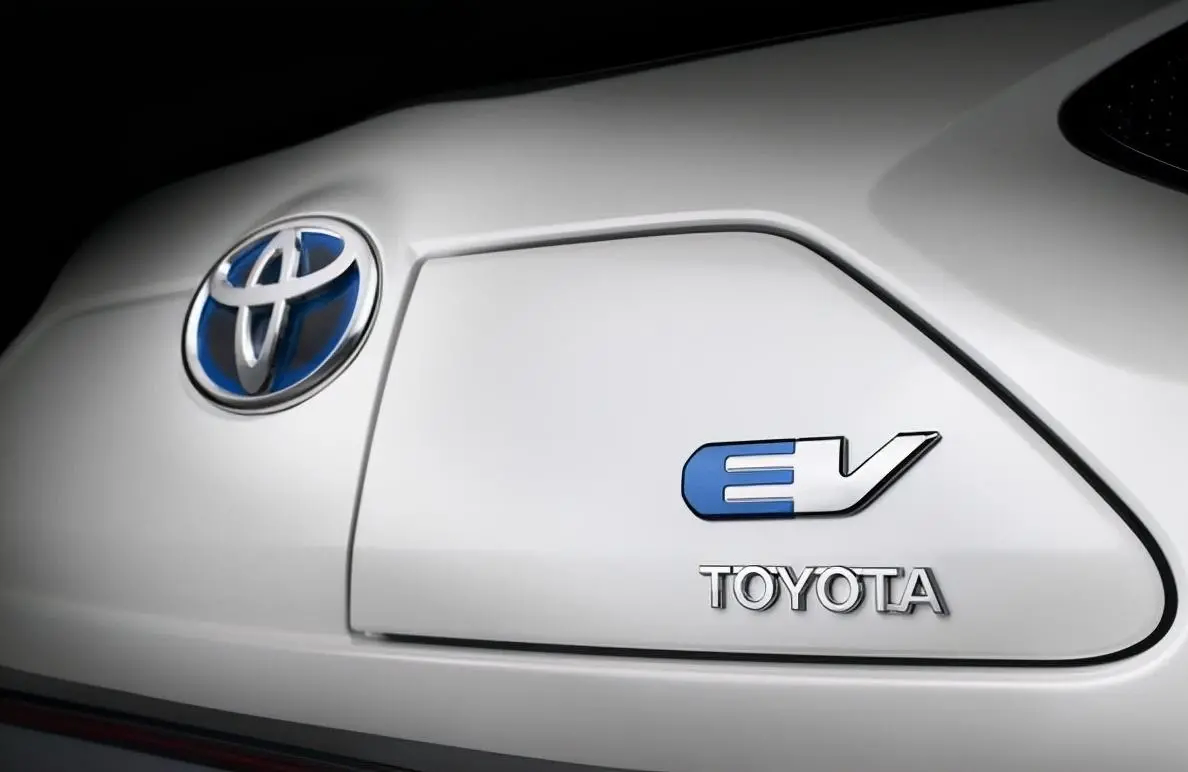Toyota will launch high-performance solid-state batteries five years later or commercialize them!
On June 13, Toyota, a famous Japanese car company, announced that it will introduce high-performance solid-state batteries and other technologies to improve the cruising range and performance of electric vehicles。Toyota aims to launch next-generation battery from 2026。The company also said it aims to commercialize solid-state batteries by 2027-2028.。
On June 13, Toyota, a famous Japanese car company, announced that it will introduce high-performance solid-state batteries and other technologies to improve the cruising range and performance of electric vehicles。Toyota aims to launch next-generation battery from 2026。The company also said that it is developing a method for mass production of solid-state batteries, with the goal of commercialization in 2027-2028。
At present, most pure electric vehicles use lithium batteries.。Lithium battery is mainly composed of positive and negative materials, electrolyte and separator。Among them, the electrolyte and the diaphragm are electron free media。The biggest difference between solid-state batteries and lithium-ion batteries is the electrolyte. Solid-state batteries use solid electrolytes to replace the electrolyte and separator of traditional lithium-ion batteries.。
Since lithium batteries are technically difficult to make breakthroughs at this stage, there has been a prediction that the next generation of electric vehicle batteries will be solid-state batteries in the past two years.。However, many institutions believe that although solid-state batteries are the development direction of the industry, they are still in the laboratory stage and do not yet have the conditions for mass production in terms of performance and cost.。It is expected to achieve mass production of semi-solid-state batteries by 2025, and all-solid-state batteries are expected to be mass-produced by 2030, and the application field will gradually expand from military industry and aerospace to new energy vehicles.。
On June 10 this year, at the "New Generation Power Battery and Forward-looking Technology" theme forum of the World Power Battery Conference, Sun Xueliang, a foreign academician of the Chinese Academy of Engineering and a top scientist in the field of solid-state batteries, said: "To achieve large-scale mass production and application, the window should be between 2025 and 2030.。He also said that the next 10 years will be a critical period of opportunity for solid-state battery research and development.。
The advantages of solid-state batteries include more thin-film and flexible, high energy density, better safety, etc.。But there are also interface impedance, poor conductivity and other shortcomings。Among them, poor conductivity makes it difficult for solid-state batteries to charge quickly.。In addition, the electrodes of solid-state batteries will repeatedly expand and contract during the charging cycle, which will cause the electrodes to eventually separate from the solid electrolyte material, damaging the battery。Existing solid-state batteries can only be recharged hundreds of times at most, far less than the thousands of times required for mature batteries on the market。Therefore, extending the life of solid-state batteries is also an issue for the technology to achieve commercial feasibility。
Toyota has been developing solid-state batteries for many years and is a leader in the number of patents for all-solid-state batteries, with more than 1,000 patented technologies.。Toyota said it had achieved a "technological breakthrough" in overcoming previous solid-state battery durability issues.。Compared with lithium-ion batteries used today, such batteries are expected to achieve higher energy density and shorter charging time。
Under current battery technology, electric vehicles can travel shorter distances per charge than gasoline or hybrid vehicles。Therefore, the issue of battery life has also become a major focus for consumers to buy electric vehicles.。It is reported that Toyota's electric car bZ4X charges for 30 minutes and has a cruising range of about 600 kilometers。Nissan Motor's all-electric Ariya can travel 380 kilometers in 45 minutes on a charge。Tesla's Model Y can travel up to 260 kilometers after charging for about 15 minutes。
By 2026, Toyota will provide electric vehicles with batteries with higher energy density, which can travel 1,000 kilometers on a single charge, and the charging time is 20 minutes or less. The cost is 20% lower than current electric vehicles。In addition, Toyota said it will produce a series of lower-cost lithium iron phosphate (LFP) batteries in 2026 or 2027.。The company says it aims to increase range by 20% and reduce costs by 40%。
The company is considering introducing it to traditional hybrid electric vehicles (HEV) and accelerating its development as a battery for pure electric vehicles。

It solves the problem of fast charging and endurance, so what about commercialization?The ability to scale up production and reduce costs will be key to popularizing solid-state batteries。
According to data from the Japan Science and Technology Agency, the manufacturing cost of this battery is now between 60,000 yen and 350,000 yen (about US $430 to US $2,500) per kilowatt-hour。This is 4-25 times the 14,000 yen (about 100 US dollars) per kilowatt-hour of lithium-ion batteries。Due to the high cost, Hironori Kobayashi, chief research manager at the Institute of Electrochemical Energy at the National Institute of Advanced Industrial Science and Technology in Japan, believes that when automakers reach the early stages of solid-state battery feasibility, it is likely that only limited models such as luxury cars will be installed with solid-state batteries.。
In a statement today, Toyota said it has a number of initiatives to improve battery performance and reduce costs, and said it is ready to shift from research to solid-state battery production。
Toyota wants to speed up its electric car business with solid-state batteries。The company sold only about 20,000 electric vehicles worldwide last year.。But Toyota aims to sell 1.5 million all-electric vehicles a year by 2026 and 3.5 million by 2030.。
Toyota launched a new electric car company, Bev Factory, in May.。Takero Kato, president of Bev, said: "We will launch the next generation of battery electric vehicles worldwide and launch a full range of products on the market from 2026.。He also said the company aims to produce about 1.7 million vehicles by 2030.。In April, the automaker sold 8,584 electric vehicles worldwide, including the Lexus brand, for the first time accounting for more than 1 percent of its global sales in a month.。
It is true that Toyota is a leader in solid-state batteries, but many car companies and battery manufacturers around the world are laying out fixed batteries.。
Volkswagen laid out solid-state batteries by investing in QuantumScape in 2018, announced in August of the same year that it would build a plant in Europe, and planned to achieve mass production by 2025。In November 2018, South Korea's three major battery companies LG Chem, Samsung SDI and SKI formed an alliance to jointly develop core technologies for next-generation batteries including solid-state batteries.。GM announced in 2019 that research and development on solid-state batteries will take place at GM's Warren Technology Center in Michigan.。In early 2021, NIO released its first solid-state battery with a capacity of up to 150kWh and a range of 1,000 kilometers.。On May 31 this year, SAIC and Qingtao Energy signed a capital increase agreement and a strategic cooperation framework agreement.。The agreement mentioned that it will promote the realization of solid-state battery technology "100,000-class" mass production by 2025.。
Toyota is coming with a new solid-state battery this time, or wants to fight a turnaround.。For a long time, Japanese cars have mostly bet on hydrogen cars and taken the lead, so it is inevitable that they are half a beat slow in electric cars.。Toyota has been criticized by investors for its slow progress on electric vehicles.。
While grasping the layout of solid-state batteries, Toyota did not give up lithium batteries。Toyota announced that it will produce an electric car with a more efficient lithium-ion battery with a range of 1,000 kilometers。In contrast, the long-range version of the Tesla Model Y, the world's best-selling electric car, can travel about 530 kilometers according to US test standards。
In addition to this, Toyota also detailed other technologies it plans to deploy to reduce the cost of its electric vehicles and batteries.。such as the use of "self-propelled" assembly lines and Giga。Giga is a production process pioneered by Tesla that Toyota hopes to use to reduce the complexity and cost of its next-generation electric vehicle manufacturing。

·Original
Disclaimer: The views in this article are from the original Creator and do not represent the views or position of Hawk Insight. The content of the article is for reference, communication and learning only, and does not constitute investment advice. If it involves copyright issues, please contact us for deletion.